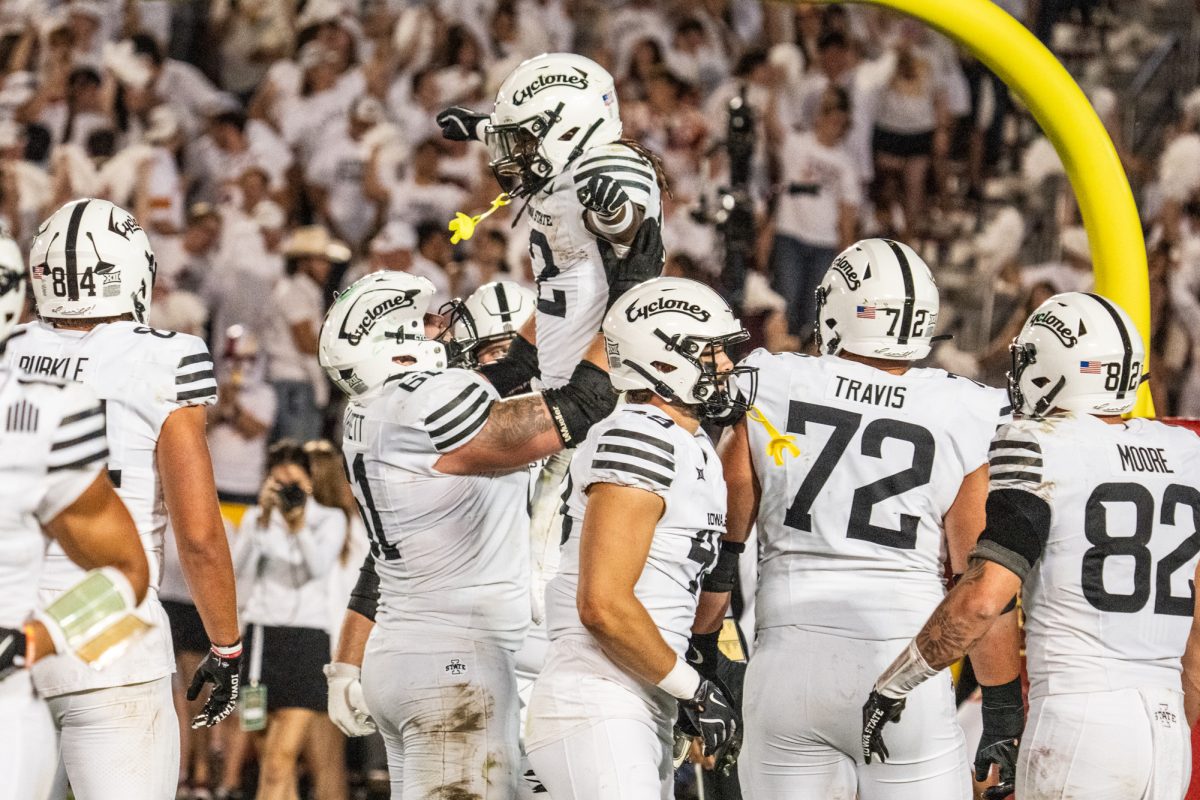How does NATO choose?
March 30, 1999
It is the politics that lead the decisions!
One thing I have learned very well through my studies in economics is that the economic benefit is the “leader” of our lives and the ultimate and absolute criterion for everything that’s going on on this planet.
I heard Ms. Madeleine Albright in the press conference on CNN the other day talking about the moral obligation of the U.S. and NATO to protect the peace and the humanitarian rights on this planet from dictators, aggressive leaders, imperialists who are not happy with what they’ve already got but seek to get more under their control by attacking other countries and oppressing minorities.
However, how does NATO choose where it should protect the humanitarian rights and where not?
Is it only Yugoslavia that faces ethnic conflicts in this world? Whoever has contact with reality knows that’s not true.
Almost two thirds of countries face serious problems with ethnic minorities as we have witnessed in the past conflicts and butchers and lots of blood streams in various nations.
Two questions are addressed at this point: First, are bombs the solution to this kind of problem in the face of the 21st century?
And second, if so, where has NATO been in these conflicts? Why hasn’t it bombarded in the past — and doesn’t bombard in the present —other regions where the humanitarian rights are smashed under the power of aggressive leaders Ms. Albright talked about, but instead, nobody gives a sole damn about them?
Why does NATO choose to bombard one place and not another?
Why doesn’t it treat all countries equally, since it claims that it bombards Yugoslavia because it wants people to be treated equally?
Well, this doesn’t seem a lot like JUSTICE to me!
The Balkans area has historically been a very delicate ground which foreign interests have tried to take advantage of due to its geographical position.
Beginning a war in this delicate land can easily bring instability to the whole area forcing neighbor countries to get involved, and then I don’t see how a third World War can be prevented.
It will be OUR BROTHERS then who will be called to fight a war that somebody else, some thousands of miles away on the other side of the Atlantic Ocean, has decided for them!
This doesn’t seem a lot like justice to me either!
Is it eventually that peace and humanitarian rights are the criterion, or do politics affected by economic interests that lead the decisions?
Constandina Kottaridi
Graduate student
Economics






